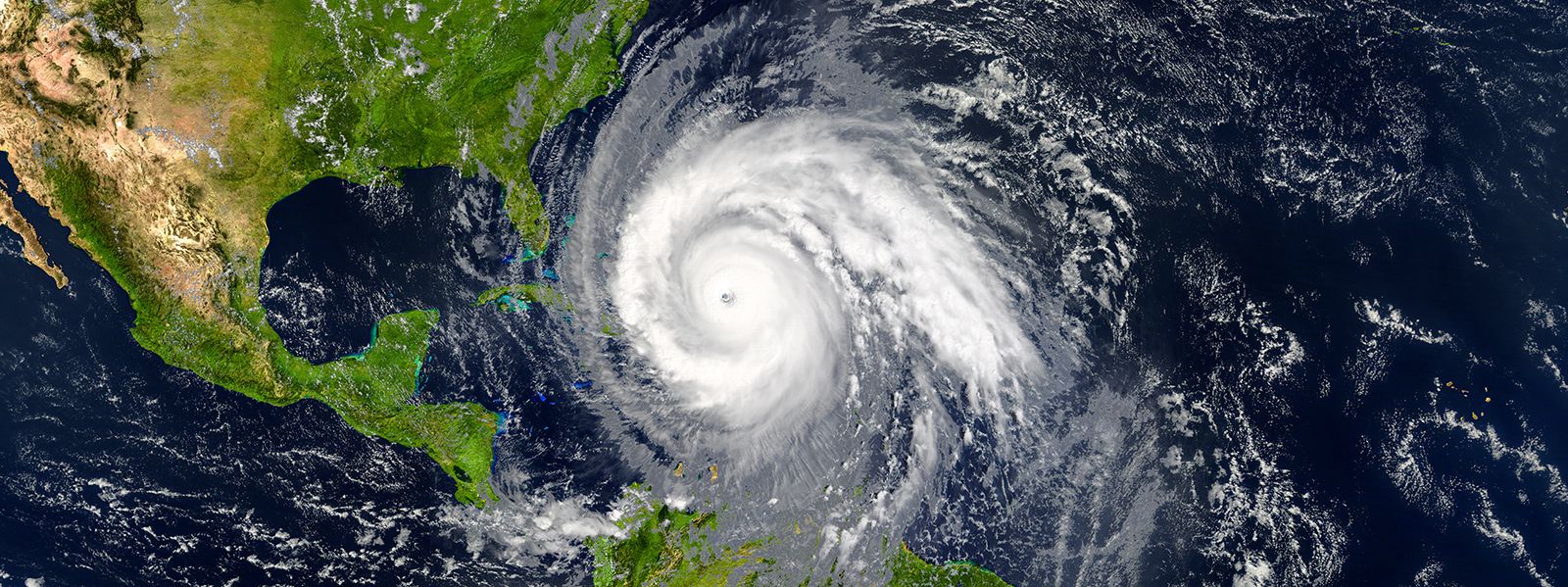
2025 Hurricane Season

Preparing Your Air Conditioning System for Hurricane Season
In Florida, hurricane season officially begins on June 1 and runs through November 30. This timeframe follows the Atlantic hurricane season schedule, which is always marked by potential threats to coastal areas. For 2025, NOAA is predicting an active season with 13 to 21 named storms. Of those, 7 to 10 are expected to become hurricanes, and 3 to 5 of them may reach “major” hurricane status, meaning Category 3, 4, or 5 hurricanes with sustained winds of 111 mph or more.
If you’re like most Floridians, you’ve probably already established a routine for preparing for storms: bringing in outdoor furniture, boarding up windows, and stocking up on essentials like water, non-perishable foods, and batteries. But have you included your air conditioning system in your storm preparation? If not, now is the time to make it a priority. A little preparation can go a long way in keeping your AC unit protected and your home comfortable in the aftermath of a storm.
Tips to Protect Your Air Conditioning System During Hurricane Season
1. Secure Your Outdoor Unit
Your outdoor air conditioning unit is particularly vulnerable during a hurricane. High winds, flying debris, and even flooding can damage it, so securing it to the concrete slab or foundation is crucial. Double-check the metal bolts and straps holding the unit in place for any signs of rust, wear, or deterioration. Weak or corroded fasteners could make your system susceptible to wind damage. If necessary, reinforce these components to ensure your unit stays put during the storm.
2. Clear the Area and Cover the Unit
Before the storm hits, clear away any outdoor furniture, tables, chairs, or other objects that could become projectiles in high winds. Flying debris can cause serious damage to your AC system, especially to the condenser coils and the surrounding components. If possible, cover the outdoor unit with a durable tarp or plastic sheeting to protect it from flying leaves, dirt, and debris. Be sure to remove the covering as soon as it’s safe to restore power to your system, as trapping moisture or heat inside can cause damage when you start it up again.
3. Cool Down Your Home Before the Storm
Once you’re aware that a hurricane or severe storm is approaching, take the opportunity to cool your home as much as possible. By running the air conditioner for a few hours before the storm's impact, you can lower the temperature inside your home, making it more comfortable if you have to go without AC for a while. Additionally, closing windows and doors tightly, drawing curtains or blinds, and using fans can help keep the temperature more manageable for a longer period.
4. Turn Off the Power to Your AC
It may be uncomfortable, but turning off your AC system before the storm hits is one of the most important steps in protecting it. Electrical damage is a leading cause of AC system failure, and nearly 90% of all electrical system issues occur when an AC unit is left running during a hurricane or thunderstorm. The surge of unstable power when the grid goes down or is restored can be catastrophic to your system.
To prevent potential damage and expensive repairs, turn off the power to your air conditioning unit at the breaker panel before the storm makes landfall. While it’s a bit of a sacrifice in comfort, this simple step could save you thousands of dollars in the long run.
5. Wait at Least 20 Minutes Before Restarting Your AC
Once the storm passes, resist the urge to immediately turn your AC system back on. It's essential to wait at least 20 minutes after power is restored to your home before switching on your air conditioner. During this time, the power supply can be unstable or “dirty,” meaning it may fluctuate and cause damage to sensitive electrical components. In the event of flooding, it’s even more crucial to wait until the system is completely dry and you’re confident that it’s safe to restore power.
While your AC unit may appear to be unharmed, it's always better to err on the side of caution. Giving the system time to stabilize and dry out will help prevent further complications or even failure.
Conclusion: Don’t Forget Your AC in Hurricane Prep
Hurricane season is a time of uncertainty, but with proper preparation, you can protect not just your home and loved ones, but also your air conditioning system. In addition to securing your outdoor unit, clearing debris, and turning off power to your system, make sure you include your AC in your overall hurricane preparedness plan. This proactive approach will help ensure your system remains in good condition and your home stays comfortable during and after a storm.
Stay safe, and don’t let your air conditioning system be an afterthought when preparing for hurricane season!
